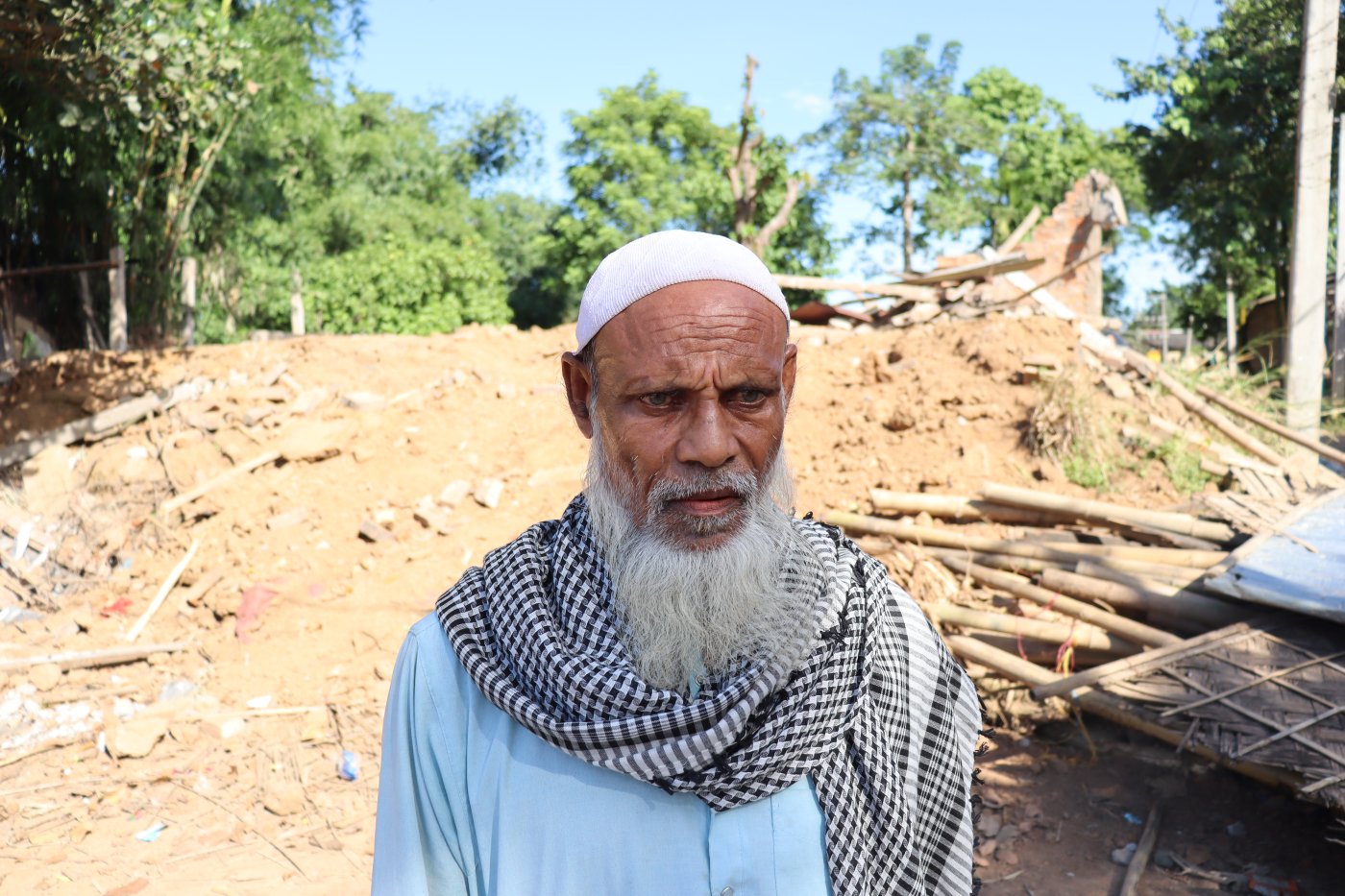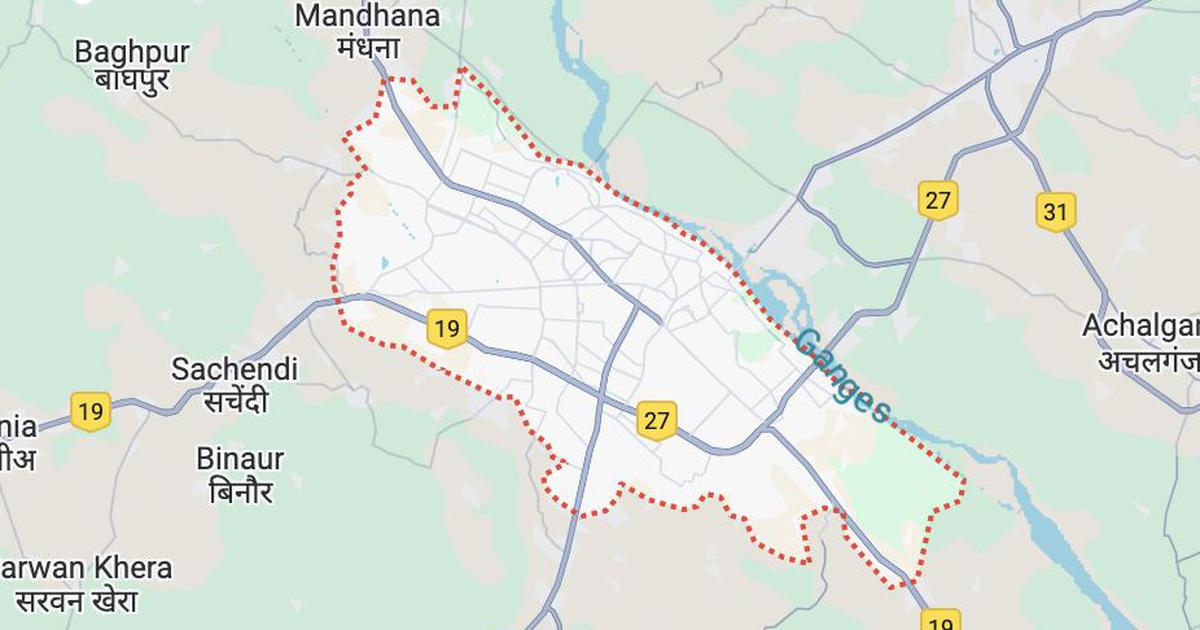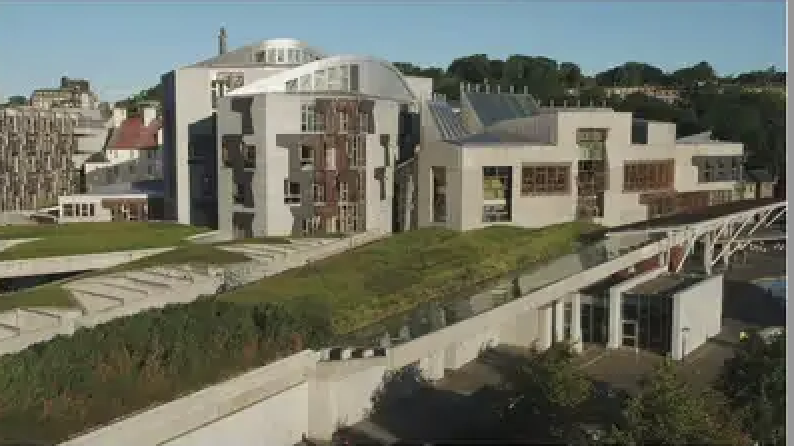
By Arshad Ahmed
Kamrup, Assam: On 25 September, a day after the Assam government demolished homes of Bengali-speaking Muslims from Kachutali 1 village on the outskirts of the state capital, Guwahati, close to 50 villagers filed a contempt petition against the government in the Supreme Court.
The petition said the Bharatiya Janata Party-led government violated the Supreme Court order on 17 September, which said there would be “no bulldozer action” across the country until 1 October. However, the division bench of Justice BR Gavai and Justice KV clarified in their order that the court would not intervene in demolishing illegal construction sites in public places. However, petitioners argued they had land deeds from the 1920s and were not on public land.
The eviction notice served to them by the local land and revenue office in Sonapur said they were in “unauthorised” and “illegal possession” of lands in a “tribal belt” which belonged to the protected class as per the Assam Land Revenue Regulation, 1886.
Villagers told Article 14 that 350 homes were demolished on 24-25 September. Nitul Khataniar, the revenue official of Sonapur town, which has jurisdiction over Kachutali 1 village, told the Press Trust of India that 340 homes were demolished.
The Supreme Court order suspending nationwide demolitions came from a batch of petitions, including from the Jamiat Ulama-i-Hind, a New Delhi-based Islamic organisation, against the punitive practice of bulldozing homes of people accused of crimes, which started in the northern state of Uttar Pradesh and was adopted by other states ruled by the Bharatiya Janata Party.
This story was originally published in article-14.com. Read the full story here.






